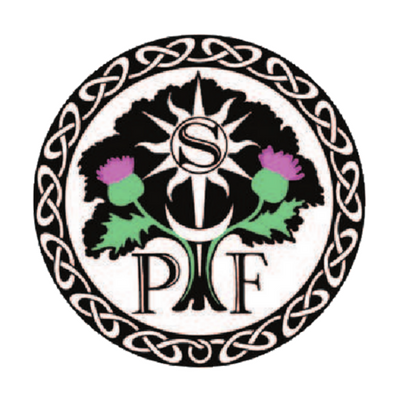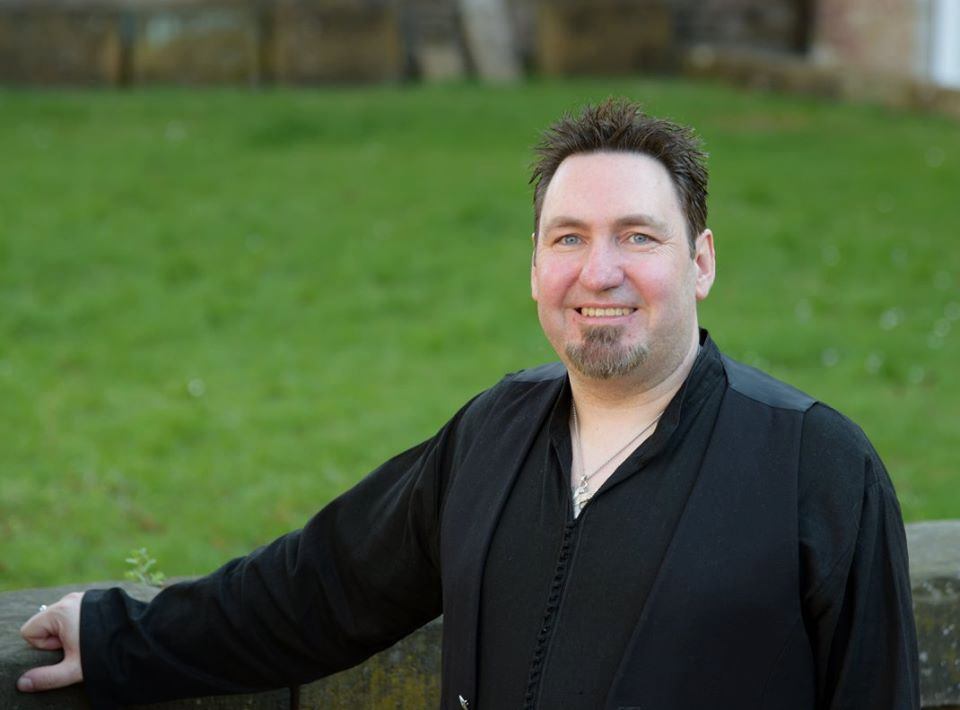EDINBURGH – “Paganism in Scotland has never burned brighter.” That’s Steffy Von Scott, a prominent champion for Pagan rights and Presiding Officer-elect of the Pagan Federation (Scotland). He has worked as a National Scottish Pagan Federation Interfaith Officer and is the lead organizer of the Annual Scottish Pagan Conference.
After two decades of work for census recognition, the Scottish Pagan Federation has finally won the right for Paganism to be recognized in the Scottish Census beginning in 2021.
The National Records of Scotland confirmed the inclusion of the tick box for “Pagan” after the Scottish Pagan Federation succeeded in its lobbying efforts.

Even though the religion question of the census is voluntary, the inclusion of Paganism has important consequences. “Having a Pagan tick-box has two important factors: it increases our visibility as a faith community and it ensures our numbers are accurately captured,” Von Scott noted.
In the past, Pagans would have to select an “Other” box and write their faith in a space provided. It was a catch-all section of the religion portion of the census. And it generated its own challenge. Von Scott said, “we know from consultations within our own faith community that many Pagans were still too nervous to do this, given the prejudice many Pagans have faced in past generations.”
But with a tick box, accurate numbers can be gained with a central category that can help Scotland identify how many individuals are within the broad religious community without having to solve written responses.
Those responses have consequences also. As in other nations, the census provides core data for decision-makers. Scotland’s Census 2021 notes the importance of the comprehensive collection of population statistics.
They write:
“It is used by central and local government, health boards, the education sector, the private sector, and the voluntary sector to plan and distribute resources that match people’s needs. The information collected must be ‘authoritative, accurate and comparable’ for all parts of Scotland, and down to very small levels of geography. Only the census can consistently provide such information.”

Scottish Pagan Federation Logo
Von Scott concurs, “The government and local authorities and many other agencies use the Census results when allocating provisions for the different faith communities in Scotland, of which Paganism is one, so it is essential that our true numbers are reflected.” He added, “Having our true numbers reflected also helps reduce prejudice and misinformation on Scottish Paganism and allows us to push for more rights as a faith community.”
Despite having to write-in a faith tradition, data from the 2011 Scottish census supports that Paganism was the sixth-largest non-Christian religious community in Scotland.
The data also showed growth from the 2001 census which reported 1,930 individuals identifying as Pagan and the 2011 census reporting 5,194 individuals identifying as Pagan.
While the numbers may seem small, they are not very different than individuals practicing Judaism: 5,887 in 2011, for example.
The Scottish Pagan Federation notes that some experts believe that the numbers are even greater, with estimates as high 30,000 Pagans living in Scotland. But those numbers do not parallel the kinds of privileges and recognition afforded to other faith communities with fewer members. For example, there is no provision for teaching Paganism within the Religious Education Curriculum for Scottish schoolchildren.
Census data could change that significantly. New and accurate numbers can make the case for Pagans to be increasingly recognized in interfaith activities and in chaplaincy appointments in schools, universities, hospitals, as well as within social and rehabilitative services.

Steffy Von Scott. [©Scottish Pagan Federation, used with permission]
The road to the present victory has not been easy and Von Scott takes a moment to reflect on the work of the previous Presiding Officer, John Macintyre, whose tireless work led to the current victory. Under his leadership, the Scottish Pagan Federation also ensured that Paganism was included among the religion questions in the Scottish Household Survey, the Scottish Health Survey, the Scottish Crime & Justice Survey, among others.
But the campaign started a decade before that when the General Register Office for Scotland was unable to make the census results for Pagans freely available. That lead to the Scottish Pagan Federation lobbying, petitioning, and fundraising in a collective effort to secure the rights to recognition for Pagans living in Scotland.
In 2011 Von Scott added that “We were almost there at that point, however, our inclusion was knocked out at the last hurdle by one MSP [Member of Scottish Parliament] who voted critically against us ‘to make more room for Christian dominations.'” He remarked, “something Pagans in Scotland will not easily forget.”
With this victory under their belts, Von Scott and the Scottish Pagan Federation look to the future:
This year we also had a Scottish Pagan, one of our officers, become the first LGBTQ+ University Chaplain in the UK. We had the first legal Pagan same-sex marriage conducted in Orkney as our Celebrancy Team continues to grow, with now more Pagan Weddings here in Scotland than weddings by the Mormon and Jewish communities. We are working on a prominent Pagan Faith Display with the Curator of Saint Mungo’s Museum of Religious Life, a display will help normalise Paganism for the next generations of Scottish Schoolchildren.
Von Scott makes clear, “In Scotland, Pagans today still continue to make history, push boundaries, and lead by example.”
The Wild Hunt is not responsible for links to external content.
To join a conversation on this post:
Visit our The Wild Hunt subreddit! Point your favorite browser to https://www.reddit.com/r/The_Wild_Hunt_News/, then click “JOIN”. Make sure to click the bell, too, to be notified of new articles posted to our subreddit.